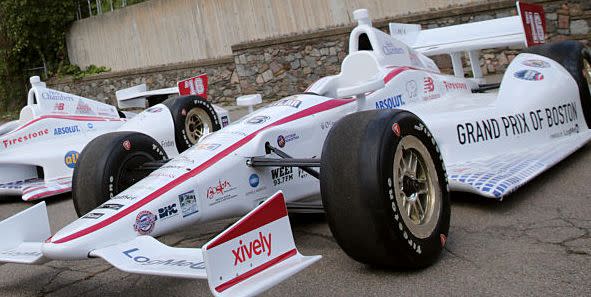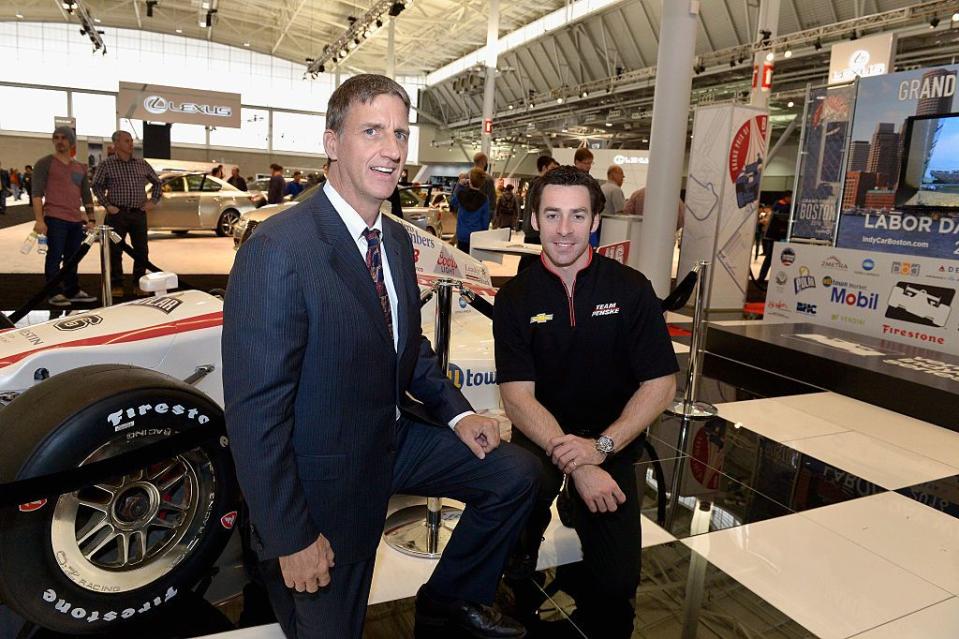CFO of Ill-Fated IndyCar Grand Prix of Boston Pleads Guilty to Fraud, Money Laundering

The latest chapter in the now five-year saga of the failed 2016 Grand Prix of Boston IndyCar race closed this week for the event's Chief Financial Officer.
The former CFO of the Grand Prix of Boston IndyCar race, John F. Casey, 57, pleaded guilty in Massachusetts on Thursday to 23 counts of wire fraud, three counts of aggravated identity theft, four counts of money laundering and three counts of filing false tax returns.
Sentencing is scheduled for for Feb. 15, 2022. Casey was indicted in September 2020. Some of the charges were in connection with money paid to Casey for work on the IndyCar race originally scheduled for the streets of Boston over Labor Day weekend in 2016.
The Boston IndyCar event was cancelled in April of that year—just five months before the scheduled race day—for what organizers said was a litany of issues including unhappy local residents and poor ticket sales. Residents complained about traffic and business disruptions on streets affected by the race. Organizers gave up the fight and eventually filed for bankruptcy in July of 2016.
Turns out the Boston Grand Prix was not Casey's only problem.
The United States Attorney's Office for the District of Massachusetts posted the ruling to its website in a release on Thursday. According to the Justice Department, Casey, who became CFO of the Boston IndyCar event in January of 2015, pleaded guilty on Thursday in federal court in Boston in connection with multiple schemes to defraud equipment and small business financing companies as well as the Small Business Administration (SBA) and the Internal Revenue Service.

According to DOJ, the Boston Grand Prix organization made payments to or on behalf of Casey totaling approximately $308,292 in 2015 and $601,073 in 2016 which Casey failed to include in the gross income he claimed on his personal tax returns for those years.
Casey also owned an ice rink in Peabody, Massachusetts, from October 2013 until he sold it in June 2016. Between October 2014 and October 2016, Casey obtained more than $743,000 in funds from equipment financing companies, purportedly for the purchase of equipment for the ice rink. Casey, however, no longer owned the rink for four months during that period.
Casey's trail of questionable business deals didn't end there. Between March 2020 and at least May 2021, the DOJ says Casey orchestrated a scheme to fraudulently obtain Economic Injury Disaster Loans and Paycheck Protection Program loans. And in January 2021, while awaiting trial for the financing fraud scheme, Casey submitted an application for a $70,000 pandemic-related relief grant to the Massachusetts Growth Capital Corporation containing false information about the operating expenses of a company that was not in business in 2019 or 2020.
Between April 2020 and April 2021, approximately $676,552 in COVID-19 relief funds were deposited into bank accounts controlled by Casey.
The DOJ says that Casey used the vast majority of the funds for personal expenses, including a three-carat diamond ring, a six-month membership to Match.com, private school tuition, residential rent payments, living expenses, payments on personal credit card accounts, restaurant meals, car payments and luxury hotel stays.

 Yahoo Autos
Yahoo Autos 